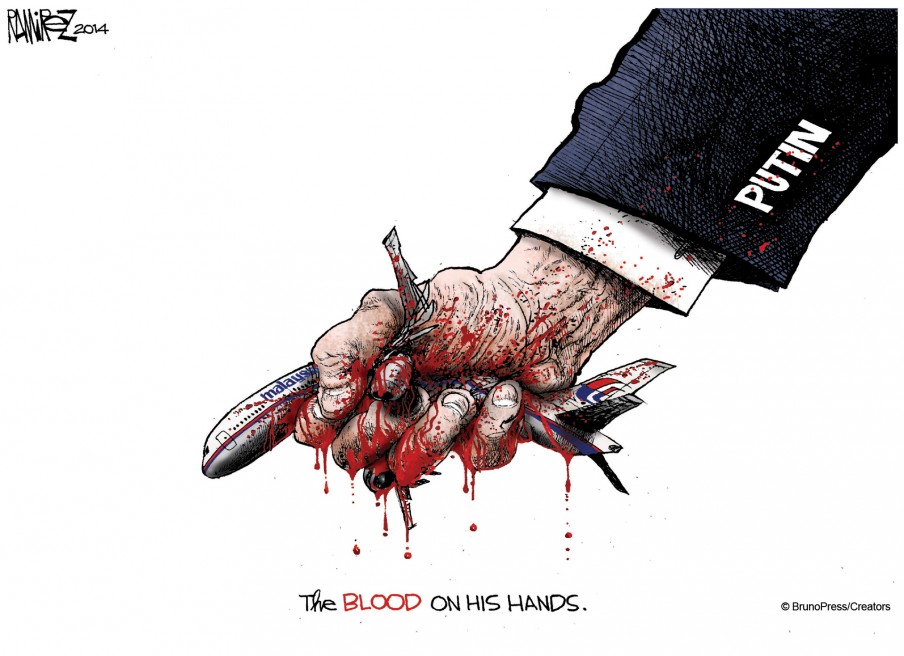In the course of his current debate with economist Andrey Illarionov, social commentator Igor Klyamkin makes an important point that is all too often overlooked in Russia and elsewhere: authoritarian modernization is an increasingly problematic notion in the post-industrial world.
Many countries in the 20th century sought to use authoritarian methods in order to catch up with the industrial development of the most advanced states, but now in the post-industrial era, such methods don’t work nearly as well.
And what this means in turn is that those countries which try to rely on authoritarian methods alone are likely doomed to fall even further behind those which have more open systems and allow for greater creativity – perhaps one of the reasons that authoritarians in many countries confuse re-industrialization with development.
The former is easier for them to talk about and of course control, but it is of declining importance in terms of the breakthroughs that are required to make genuine development possible.
Instead, they are likely to repeat the inherently self-contradictory outcome that was captured brilliantly in an old Soviet anecdote about scientists supposedly marching through Red Square on May Day with a sign reading “the Soviet microchip, the largest microchip in the world.”
Read More:
- Russia’s second counter-revolution struggles to commemorate the first
- Five disturbing Russian developments in danger of being overshadowed by 1917 anniversary
- Russia and its authoritarian friends lag increasingly behind its free enemies, Illarionov says
- A warning to Putin: Authoritarian regimes last only if they are rational
- Frontline against authoritarianism
- Russia’s ‘special path’ is ‘modernization via catastrophe,’ historian Sergey Medvedev says
- Like Soviet one, Putin system can’t be reformed, only destroyed and replaced, Inozemtsev says
- Putin’s address reflects his and Russia’s ‘total weakness,’ Pavlovsky says
- US, China have more in common than either has with Russia, regardless of leader’s feelings, Shelin says





